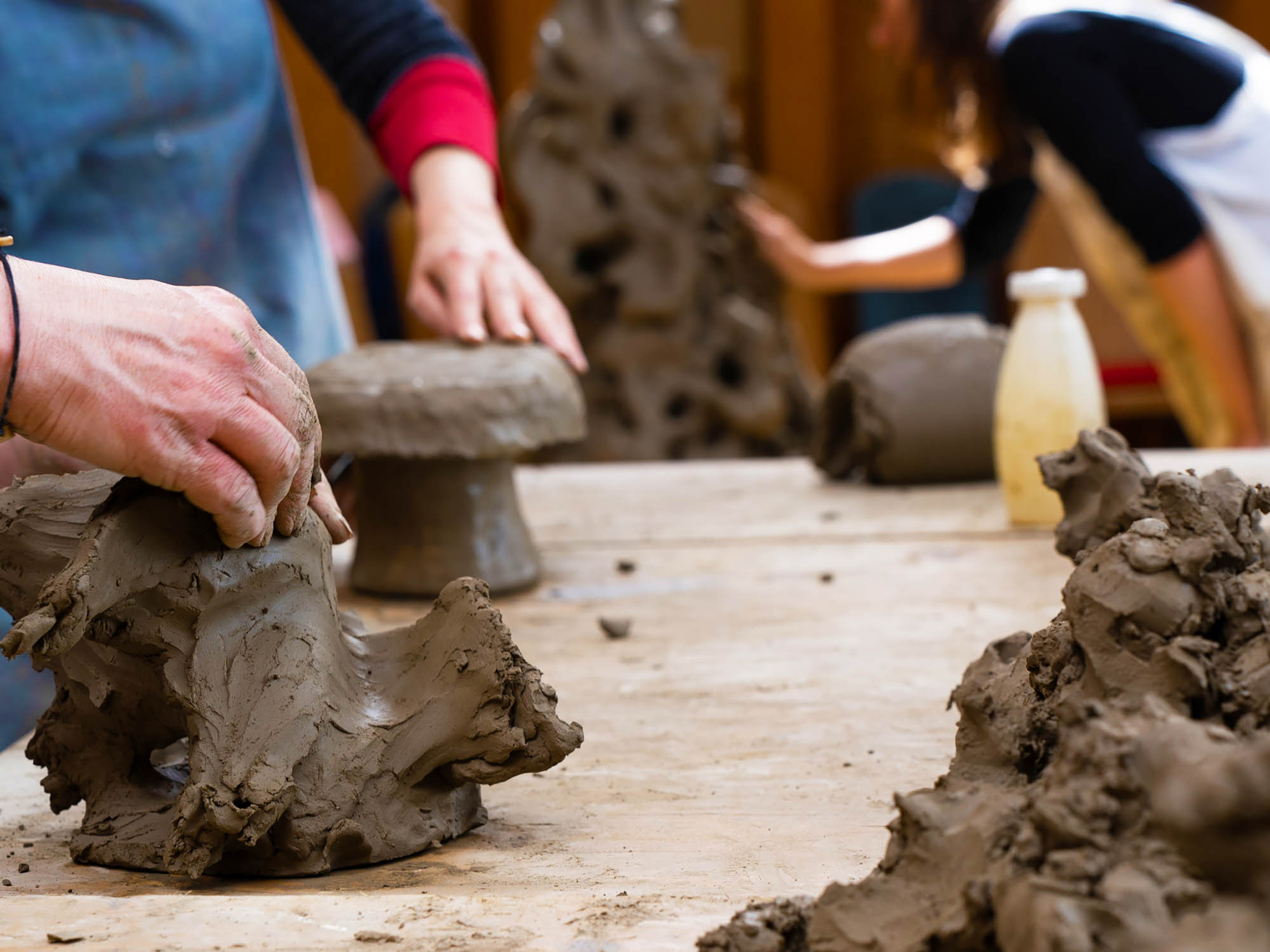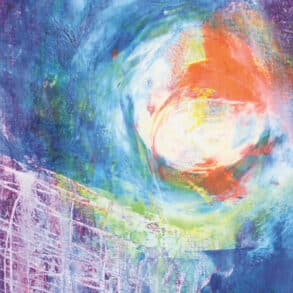A new flute was invented in China. A Japanese master, upon hearing the beauty of its sound, took the flute to Japan and played it all over the country.
Once, after playing the flute in a small village, there was hushed silence and then the oldest man present said: “Like a god.” The villagers asked how long it would take to learn to play the flute like that. “Years,” said the master, but he was willing to take on a student. And so the villagers chose a talented and hard-working young musician, and the master gave him a simple melody, which the young musician managed to play. But something was missing. The student wanted to impress his teacher and kept trying, but something was still missing. He became more and more desperate and frustrated. He no longer enjoyed his music and eventually fell into poverty.
After a long time, he returned to his village and was persuaded to play again. He stood there full of shame, with his old flute in his hands. With nothing to gain or lose, he played. At the end of his performance, there was absolute silence in the room and an elder was heard to say: “Like a god.”
The Sanskrit word ‘lila’ means ‘divine play’ and encompasses the becoming and passing away of the cosmos, the play of the gods. It is the essence of creativity. In free play, there is nothing to gain and nothing to lose.
Translation Eliza Rozeboom
Image Open studio of the Sculpture School at the Goetheanum with Ulrikke Stokholm during the World Teachers’ Conference in April 2023, Photo: Xue Li









